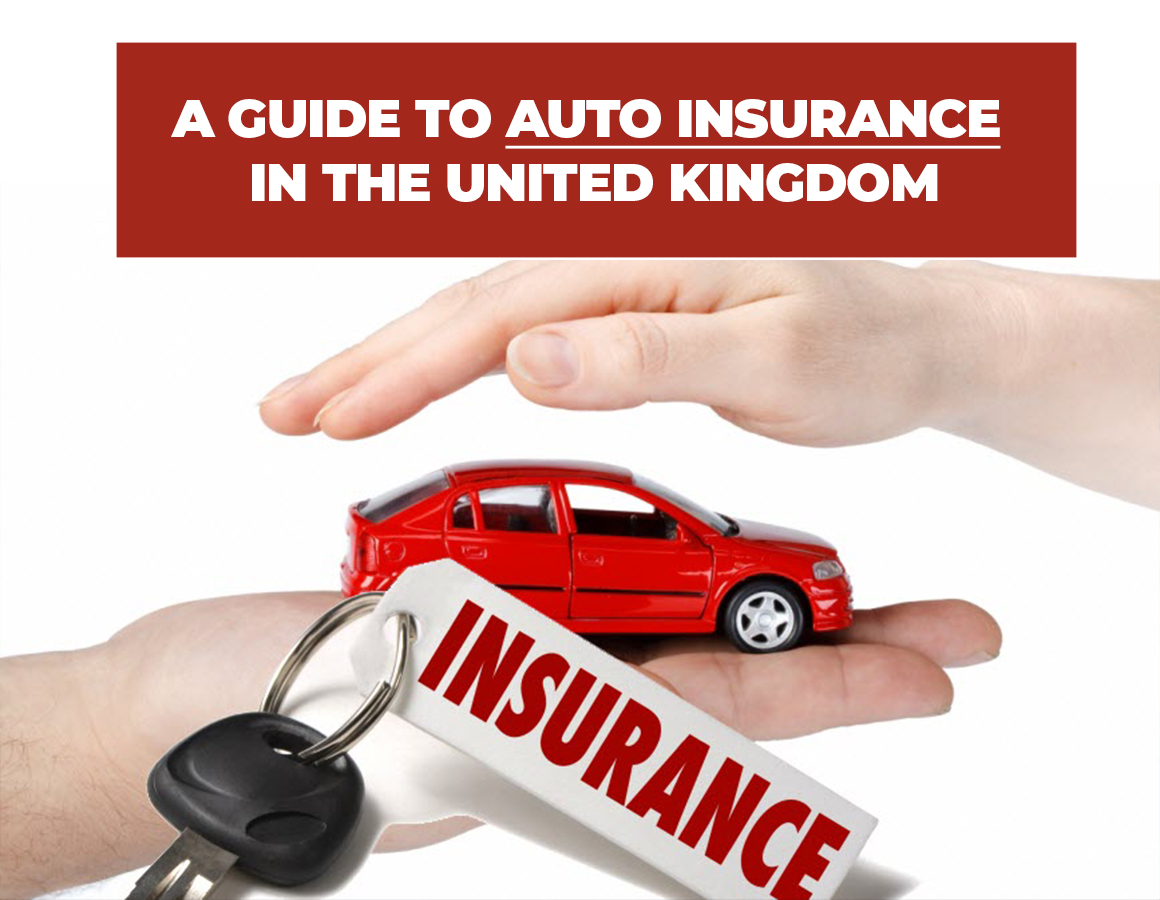Auto insurance, also known as car insurance, is a type of insurance that provides financial protection in case of accidents, theft, or damage to a vehicle.
In the United Kingdom, auto insurance is mandatory for all drivers, as per the Road Traffic Act of 1988. The law requires all motorists to have at least third-party car insurance to drive legally on UK roads.
There are different types of car insurance policies available in the UK, including third-party, third-party fire and theft, and comprehensive.
Third-party insurance is the minimum level of coverage required by law and covers damages or injuries to third parties involved in accidents caused by the insured driver.
Third-party fire and theft insurance provides additional coverage for fire and theft of the insured vehicle.
Comprehensive insurance covers damages to the insured vehicle, as well as damages or injuries to third parties involved in accidents caused by the insured driver.
Choosing the right auto insurance policy can be a daunting task, as there are many factors to consider, such as the type of vehicle, driving history, and personal needs.
It is important to shop around and compare different policies to find the best coverage at an affordable price.
Additionally, it is crucial to understand the terms and conditions of the policy, including the coverage limits, deductibles, and exclusions.
By doing so, drivers can ensure that they are adequately protected in case of an accident or other unforeseen circumstances.

Overview of Auto Insurance in the UK
Auto insurance, also known as car insurance, is a legal requirement for drivers in the United Kingdom. It provides financial protection in the event of an accident, theft, or damage to the vehicle.
Auto insurance policies can vary widely in terms of coverage and cost, so it is important to understand the different types of coverage available and the legal requirements.
Legal Requirements
In the UK, it is a legal requirement for all drivers to have at least third-party insurance. This covers the cost of damage or injury to other people or their property in the event of an accident.
Failure to have valid insurance can result in fines, penalty points on a driver’s license, and even disqualification from driving.
Types of Coverage
There are several types of auto insurance coverage available in the UK, including third-party, third-party fire and theft, and comprehensive coverage.
Third-party coverage is the minimum legal requirement and covers the cost of damage or injury to other people or their property.
Third-party fire and theft coverage provides additional protection against theft or fire damage to the insured vehicle.
Comprehensive coverage is the most extensive type of coverage and covers damage to the insured vehicle as well as damage or injury to other people or their property.
Average Costs
The cost of auto insurance in the UK can vary widely depending on a number of factors, including the driver’s age, driving history, and the type of vehicle being insured.
According to recent statistics, the average cost of car insurance in the UK is £471 per year. However, this can vary widely depending on the individual circumstances of each driver.
Choosing the Right Policy
When it comes to auto insurance, choosing the right policy can be a daunting task. There are many providers to choose from, each with their own unique policies and terms. Here are some tips to help you choose the right policy for your needs.
Comparing Providers
The first step in choosing the right auto insurance policy is to compare providers.
Look for providers that offer policies that meet your needs and budget. You can use online comparison sites to compare policies and prices from different providers.
Understanding Policy Terms
Once you have found a provider that offers policies that meet your needs and budget, it is important to understand the policy terms.
Make sure you understand what is covered and what is not covered by the policy.
You should also understand the excess and any additional fees associated with the policy.
Discounts and No-Claims Bonus
Many providers offer discounts and no-claims bonuses to customers who have not made any claims on their policy.
Make sure you ask your provider about any discounts or bonuses that may be available to you.
You may also be able to reduce your premium by increasing your excess.
